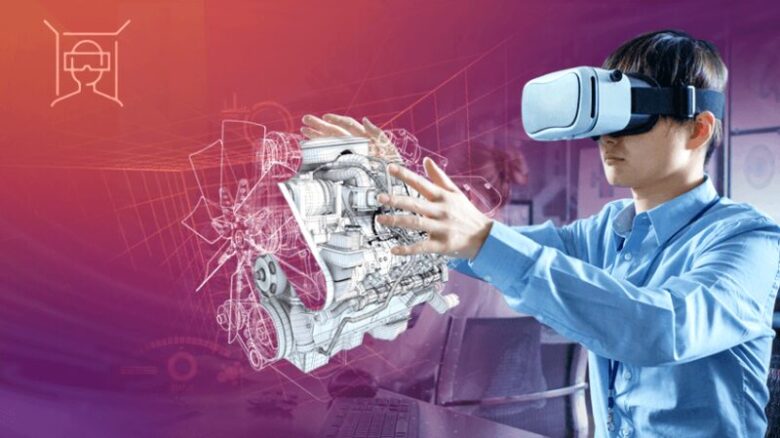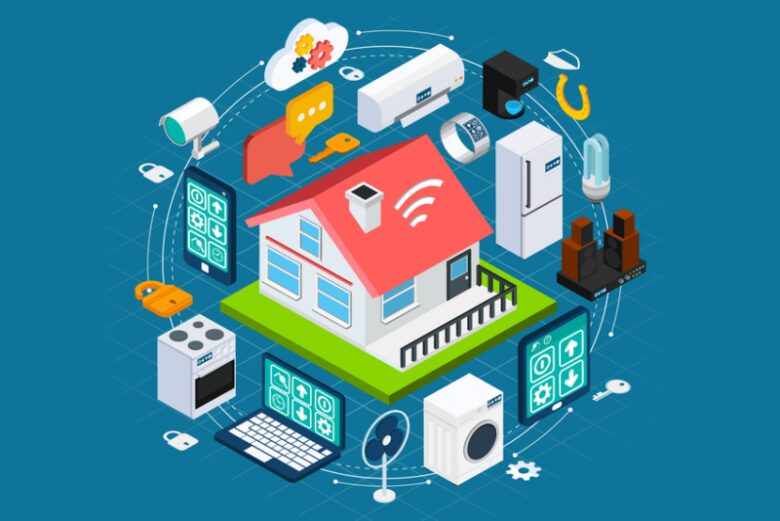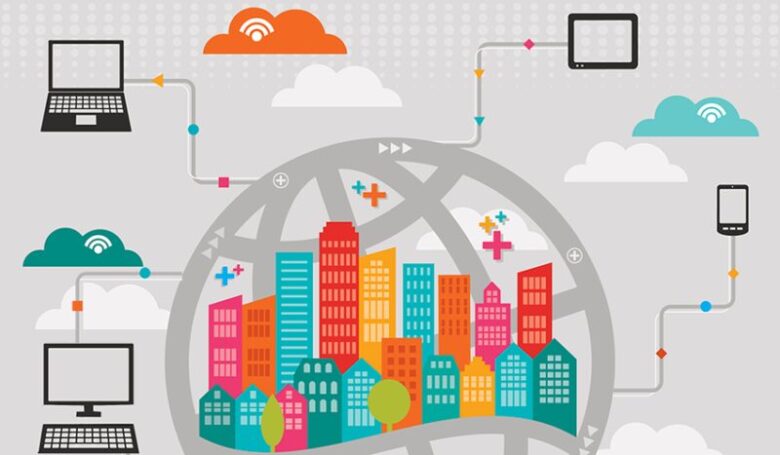Technology is ever-evolving and continues to transform individuals lives, as well as businesses. In recent years, industries like the real estate sector have benefitted from such hi-tech changes, which has completely transformed the way the property market works. This has affected everyone, including property developers, investors, landlords and of course, tenants, who have taken on board these futuristic changes to improve operations and make their lives much easier.
Here are some of the most prominent types of technology that have improved the property sector’s prospects.
Virtual reality
One of the biggest changes in real estate is the evolution of advertising methods. Many companies have switched from traditional marketing to online promotion to target a wider pool of tenants. Advertising online is also effective for reaching younger demographics, especially millennials, who are the largest age group looking to rent and buy their first home.

Virtual reality is one of the most effective forms of technology used by property professionals to promote their properties. Property experts like RW Invest utilise virtual reality in the form of 360 virtual tours to showcase their off-plan developments, which are properties yet to be built. This technology is used to construct realistic images of what the property will look like on completion. This reassures investors, as they have an idea of what the property looks like before putting down a deposit. Both investment companies and developers have found success with this method, as it prevents investors from buying blind and also increases their property sales.
Internet of Things
The Internet of Things (IoT) is basically the extended connection between the internet and tangible devices which are able to share data without the need for human interaction. IoT has taken over the real-estate sector in many ways, with property managers and landlords using it to monitor their properties. By installing hi-tech devices that control lighting, temperature, security and more, they can reduce outgoings as well as their carbon footprint. This has also made properties more attractive to tenants who are looking to benefit from these reductions, which also makes IoT a great advertising tool.

Devices attached to the Internet of Things can also assist property managers by offering them data on tenant behaviour, as well as allowing tenants to make complaints without having human contact. This results in a reduction in tenant complaints as maintenance and repair requests can be submitted quickly and responded to in quick succession.
Automated administration
Property managers and landlords spend a lot of their time filing and reviewing documents, scheduling viewings, creating budgets and dealing with tenant complaints. These are all extremely time-consuming processes, which can eventually prevent investors from reaching their full potential. To improve these procedures, many tech-startups have created automated technology, which makes life much easier for everyone.

By investing in automated technology, you can spend less time filing documents and more time focusing on meeting your tenant’s needs and possibly expanding your property portfolio. This advanced technology can also prevent you from making any mistakes, as automation apps can perform spelling and grammar checks, which will ensure your documents are all correct and ready to be signed off.


